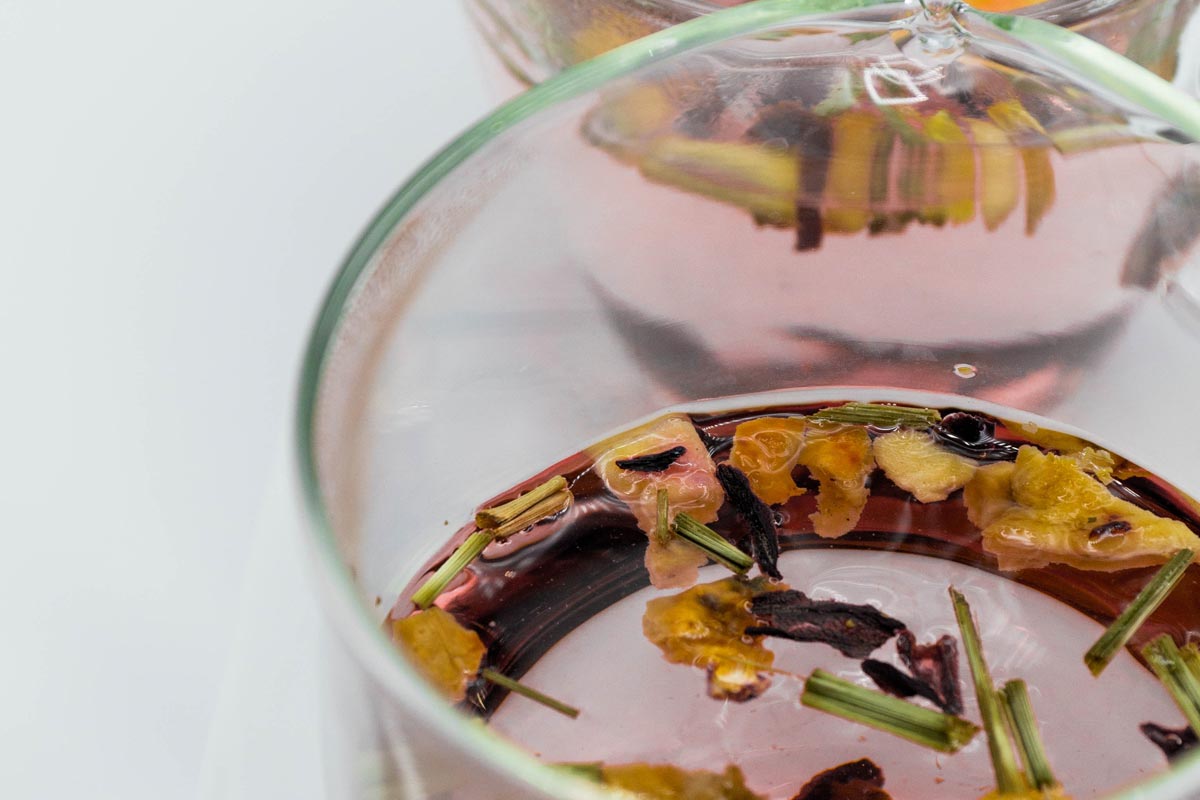What is LSD? LSD or Lysergic acid diethylamide is a synthetic drug, derived from the ergot fungus. It’s produced for …
What is a Dry Drunk?
It’s about behavioral addiction, habits, and learned, maladaptive patterns. Recovering from that requires significant treatment, …
Drugs and Alcohol on Campus
That compares to about 16.3% of populations aged 26 and up for illicit drugs and 22.9% for alcohol. So, college age people are …
What is Ayahuasca?
And, often those visits are not for pleasure, but rather to attempt to get clean or to quit using or drinking other inebriates. …










